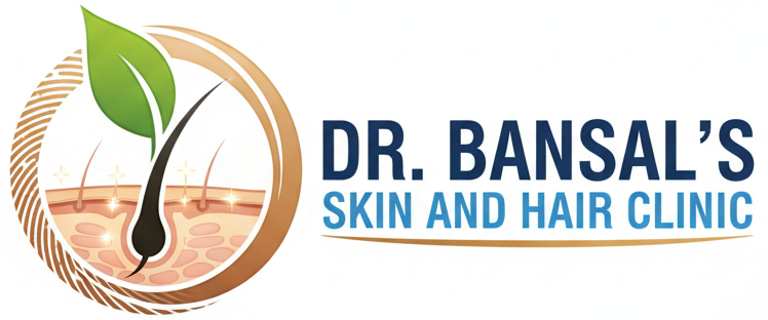Chickenpox Treatment In Indore
Dr. Bansal's Skin Clinic, Indore
Chickenpox, or Varicella, is a very contagious viral infection caused by the Varicella-Zoster Virus, also known as VZV.
It usually affects children but can also affect adults who have never had chickenpox or the vaccination. The virus spreads by airborne droplets or by direct contact with fluid from blisters.
Description/ Symptoms
Chickenpox typically develops 10–21 days after exposure and includes:
Red, itchy rash that develops into fluid-filled blisters
Blisters crust over and heal within 1–2 weeks
Fever and fatigue
Loss of appetite
Headache and body aches
The rash usually begins on the face and trunk and then spreads to other areas. There is a possibility of complications arising due to secondary bacterial infections, pneumonia, or encephalitis-again, particularly affecting adults, pregnant women, or immunocompromised individuals.
Treatment Options
Chickenpox is usually self-limiting; supportive care can help:
Antiviral Medication:
Acyclovir is prescribed for adults, or in severe cases, or for people with weak immunity.
Symptom Relief:
Fever and pain: Paracetamol. Avoid aspirin in children because of the risk of Reye's syndrome.
Pruritus relief: Calamine lotion, oatmeal baths, or antihistamines.
Hydration and Rest:
Drink plenty of fluids and get good rest for recovery.
Avoid scratching:
Prevents secondary bacterial infections and also scarring.
Tips for prevention
Vaccination:
Two doses of the Varicella vaccine provide effective protection.
Avoid exposure:
Isolate infected people from those who are non-immune.
Hygiene should be maintained:
Wash your hands frequently and clean surfaces that could be contaminated.
Boost immunity:
Healthy diet, sufficient sleep, and stress management.
Pregnancy precautions:
Pregnant women who are not immune need to avoid contact with any infected individual.
NOTA: What Not to Do
❌ Don't give aspirin to children - risk of Reye's syndrome.
❌ Don't scratch blisters - this will prevent infection and scarring.
❌ Don't neglect a high fever or severe symptoms without seeking medical attention.
❌ Never allow contact with pregnant women, newborns, or immunocompromised people in case of infection. ❌ Don't self-medicate with antibiotics; chickenpox is a virus rather than a bacterium.
Care
Dr. Shreyas Bansal has over 46 years of experience in promoting hair health and wellness. At Dr. Bansal’s Homeopathy Clinic, located at 2 Manish Bagh, Sapna Sangeeta Road, Indore, we provide personalised care to strengthen your hair, improve scalp health, and restore confidence naturally.
Health Hairs AT
Beauty
+91 9926120111
© 2025. All rights reserved.
